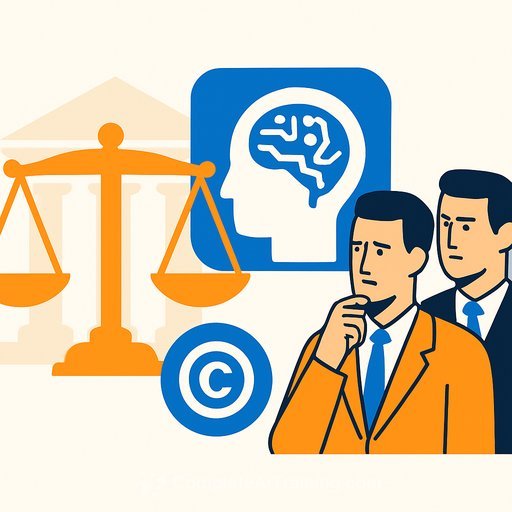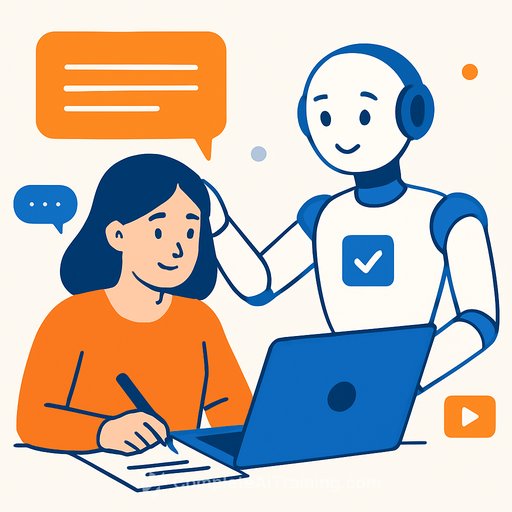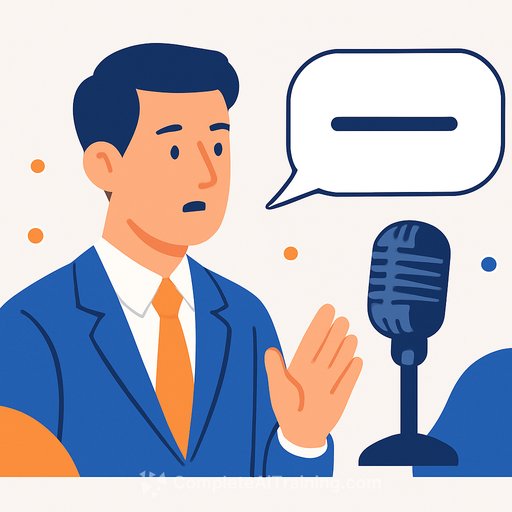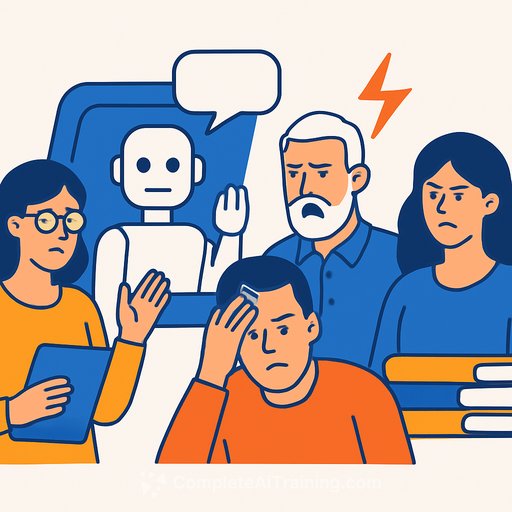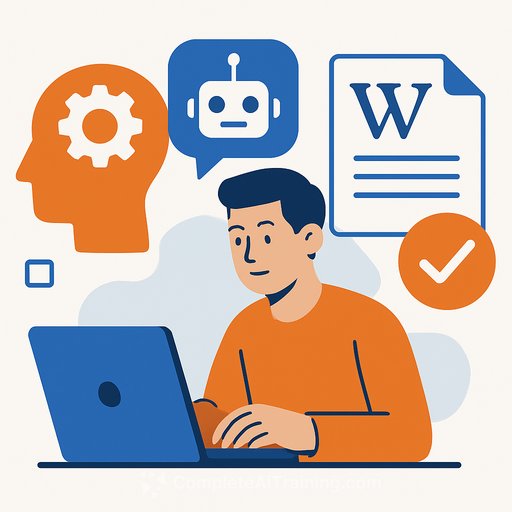Anthropic wins key fair-use ruling on training with books - but a piracy trial still looms
A federal judge just handed Anthropic a major win: training Claude on legally purchased books counts as fair use. Judge William Alsup called the practice "quintessentially transformative," noting the model "turn[s] a hard corner and create[s] something different."
For writers, that distinction matters. It separates lawful training on bought content from risky data grabs - and that second category isn't off the hook.
What the court approved
The court said Anthropic could train its language model on copyrighted books it legally obtained. The reasoning: the model learns patterns to generate new text rather than replicating the original works. That's fair use under this decision.
Key idea: Learning from books to write new material is different from reproducing books. That's the line the judge drew.
For background on how fair use is evaluated, see the U.S. Copyright Office's overview: copyright.gov/fair-use.
What's still at risk
The same ruling flagged a separate issue: Anthropic allegedly downloaded millions of pirated books. That part moves to trial in December.
Internal concerns reportedly surfaced about using pirate sites, and Anthropic later brought in leadership with Google Books experience. That mirrors an earlier legal path where book scanning for indexing and search was upheld as fair use - see this case history: Authors Guild v. Google (EFF).
The broader signal to writers
This isn't an outlier. Meta also saw a lawsuit dismissed over how it trained its LLaMA system. Meanwhile, The New York Times is suing OpenAI and Microsoft over news content used for training.
Translation: courts are starting to draw lines. Some training uses will pass. Others - especially involving unauthorized copies - may not.
If you're an author, here's what to do now
- Register your works. If you haven't, do it. Registration strengthens your position in any dispute.
- Watch for verbatim leaks, not just "similar style." Keep an eye on whether models output long, near-identical passages from your books. Save screenshots and prompts.
- Decide your licensing stance. Some publishers are cutting deals to get paid for access. If you're open to licensing, set clear terms. If you're not, document your position.
- Check your contracts. Look for clauses on data use, derivative works, and AI training. Ask your agent or an attorney to review.
- Use visibility tools. Set up alerts for distinctive phrases from your books. Track summaries and study guides that may quote heavily.
- Coordinate with peers. Author groups and guilds can pool information and amplify concerns. Collective action gets heard faster.
None of the above is legal advice. It's a practical starting point so you're not reacting after the fact.
Why this ruling matters for your business
If fair-use training on lawfully acquired books stands, expect more models trained on large literary corpora. That can expand demand for style, structure, and scenario prompts based on your genre.
On the flip side, unauthorized datasets will keep drawing scrutiny. That pressure creates room for paid licensing, approved datasets, and clearer attribution pipelines.
What to watch next
- December trial on pirated books. If the court finds liability, expect tighter data provenance standards industry-wide.
- More publisher-model deals. We'll likely see catalogs licensed for training with audit trails and usage caps.
- Output safeguards. Platforms will keep tuning filters to reduce long-form reproduction. If they fail, that's where cases will target.
Level up your AI literacy (so you can protect and profit)
If this ruling affects your catalog, it also affects your workflow. Understanding how Claude is trained and how to prompt it well can help you spot issues and create new revenue streams. A good next step: get hands-on with a focused program like this Claude certification.
The takeaway is simple: lawful training on purchased books just got a green light, but scraping pirated copies may carry real risk. Position yourself on both fronts - protect your rights and use the tools where they help you write, market, and sell more effectively.
Your membership also unlocks:

